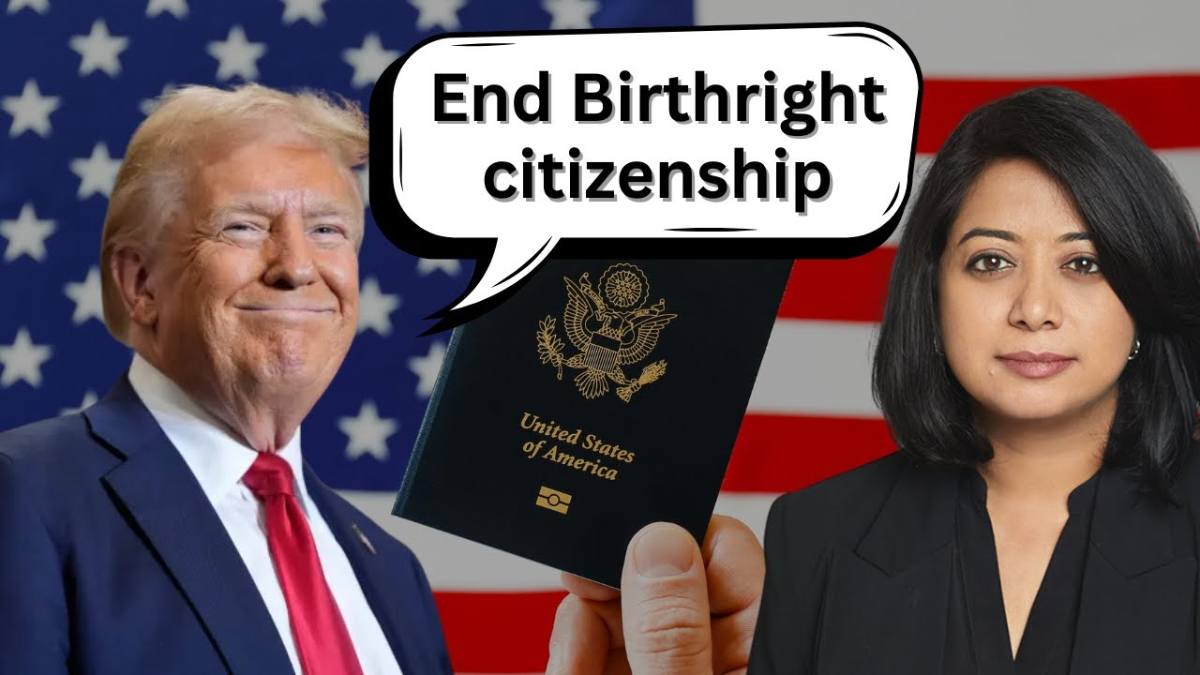A federal judge has blocked an executive order by former President Donald Trump that sought to terminate birthright citizenship in the United States. This ruling has ignited national debate, reaffirming the constitutional principles of the Fourteenth Amendment while fueling discussions on immigration policy.
Judicial Ruling and Legal Framework
The decision was handed down by U.S. District Judge Deborah Boardman, who ruled that the executive order likely contradicts the Fourteenth Amendment. The amendment explicitly declares that “all persons born or naturalized in the United States, and subject to the jurisdiction thereof, are citizens of the United States.” Judge Boardman noted that the order disregards longstanding Supreme Court precedents and the historical interpretation of birthright citizenship.
Trump’s executive order, titled “Protecting the Meaning and Value of American Citizenship,” aimed to redefine the Citizenship Clause by excluding children born to non-citizen parents from automatically acquiring U.S. citizenship. However, legal experts and critics argue that such a move is unconstitutional and conflicts with established interpretations of the amendment.
Implications of the Ruling
Legal and Constitutional Impact
- The decision reinforces the Supreme Court’s 1898 ruling in United States v. Wong Kim Ark, which upheld birthright citizenship.
- It underscores the role of the judiciary in curbing executive actions that may violate constitutional rights.
- Experts predict that the case could eventually reach the Supreme Court, potentially reopening the debate on birthright citizenship.
Reactions from Different Sides
- Supporters of the Decision: Civil rights organizations, immigration advocates, and Democratic legislators have welcomed the ruling, arguing that it preserves core American values and prevents discriminatory policies.
- Opponents of the Decision: Trump and his supporters claim that birthright citizenship has been exploited to grant automatic citizenship to children of undocumented immigrants, encouraging unlawful immigration. An appeal is expected, which could extend the legal battle.
Historical Background of Birthright Citizenship
Birthright citizenship has been an essential component of U.S. law since the Fourteenth Amendment’s ratification in 1868, initially intended to grant citizenship to formerly enslaved individuals. Over time, multiple Supreme Court decisions have reaffirmed that individuals born on U.S. soil are entitled to citizenship, regardless of their parents’ immigration status.
Trump’s executive order was an unprecedented attempt to alter this long-standing policy through executive authority, diverging from prior administrations that relied on legislative action for significant immigration reforms.
Future Developments
With the executive order nullified, the Biden administration has affirmed its commitment to upholding birthright citizenship laws. However, Trump and his legal team plan to appeal the ruling, potentially escalating the matter to higher courts. Should the Supreme Court take up the case, its conservative majority could play a crucial role in shaping the future of birthright citizenship in the country.
For more updates on this issue, visit Politico.
Disclaimer – Our team has carefully fact-checked this article to make sure it’s accurate and free from any misinformation. We’re dedicated to keeping our content honest and reliable for our readers.








